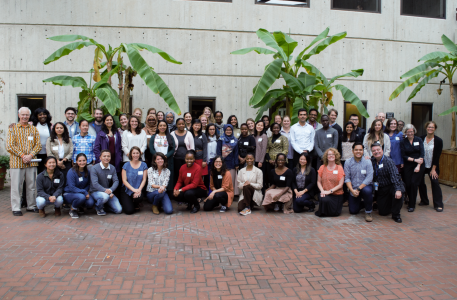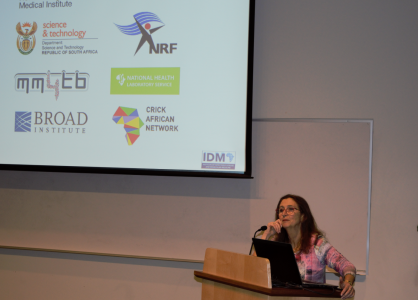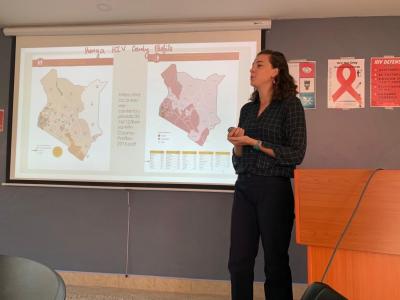Nepal is Reeling From an Unprecedented Dengue Outbreak
When mosquito season brought past dengue outbreaks to regions across the Asian tropics, Nepal hardly had to worry. The high-altitude Himalayan country was typically too chilly for the disease-carrying insects to live. But with climate change opening new paths for the viral disease, Nepal is now reeling from an unprecedented outbreak.
At least 9,000 people — from 65 of Nepal’s 77 districts — have been diagnosed with dengue since August, including six patients who have died, according to government health data.






